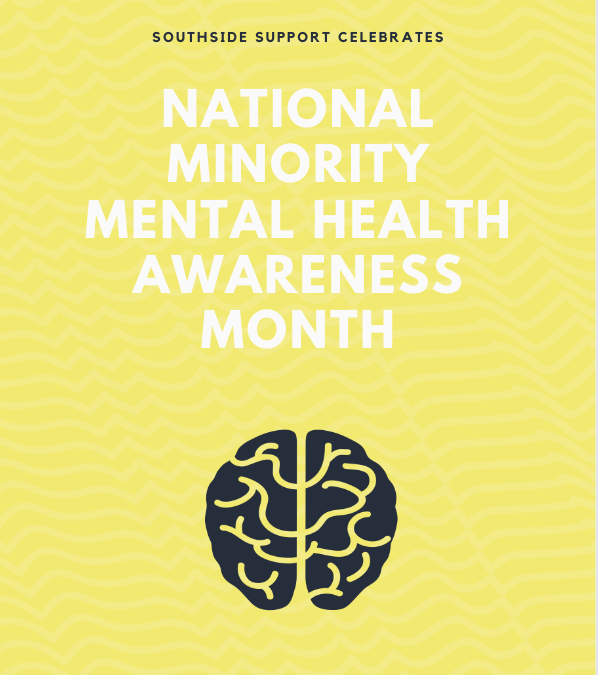National Minority Mental Health Awareness Month is celebrated every July to bring attention to the unique struggles of racial and ethnic minorities when it comes to the treatment of mental health in the United States. Also known as BIPOC Mental Health Month, this month was originally designated in 2008 by Bebe Moore Campbell who was an author, a journalist, a teacher, and a mental health advocate for the Black community and other underrepresented communities in the U.S.
Every year, millions of Americans live with the reality of mental illness, but often times seeking treatment to ease these challenges can be exponentially more difficult for people of color. This can be for a number of reasons including lower rates of health insurance, poorer quality of care, higher stigma regarding mental health treatment within their community, language barriers, and the racial or ethnic bias and discrimination that can often be found in a culturally insensitive health care system.
According to the National Alliance on Mental Illness, 19.3% of U.S. adults with mental illness also experienced a substance use disorder in 2018, which is approximately 9.2 million people. Mental illness and substance use disorders are involved in 12.5% of emergency department visits by a U.S. adult, an estimated 12 million visits. 70.4% of youth in the juvenile justice system have a diagnosed mental illness and 41% of Veteran’s Health Administration patients have a diagnosed mental illness or substance use disorder.
Everyone in the United States should be able to seek treatment for their mental health without fear or stigma. National Minority Mental Health Awareness Month advocates for those who are disproportionately affected by the bias in our mental health treatment system, and this month’s theme is Beyond the Numbers. Mental Health America states that “BIPOC communities are significantly more likely to develop mental health conditions, and one of the major barriers to mental health treatment is access and the need for understanding mental health support. #BeyondTheNumbers explores the nuances and uniqueness in BIPOC communities.” If you would like to learn more about this month you can visit https://www.mhanational.org/BIPOC-mental-health-month and https://minorityhealth.hhs.gov/minority-mental-health/.

